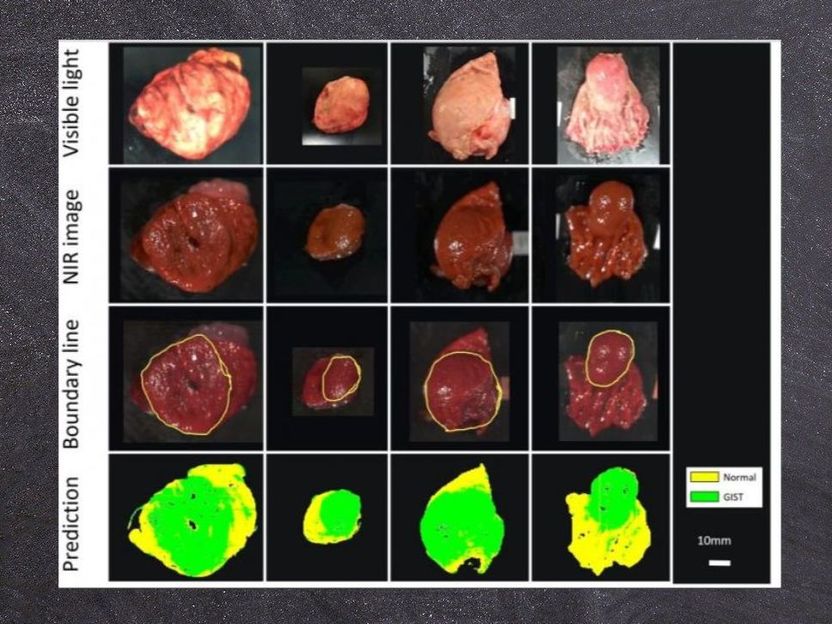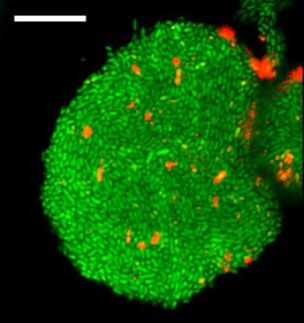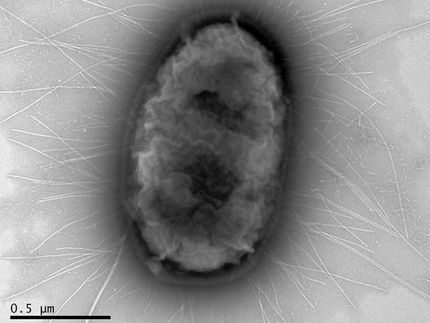Autonomous sensor could aid in early detection of urinary tract infection
urinary tract infections could one day be diagnosed faster than ever before with an autonomous sensor technology being developed at Purdue University.
“Current testing relies on time-consuming and costly urine culture tests performed at medical facilities and on at-home testing using store-purchased dipsticks that generally have high false alarm rates,” said Babak Ziaie, professor of electrical and computer engineering in Purdue’s School of Electrical and Computer Engineering. “Additionally, collecting urine samples for these methods can be challenging for infants and geriatric patients who suffer from neurodegenerative diseases. There’s also a privacy and dignity issue.”
According to the National Institute of Diabetes and Digestive and Kidney Diseases, urinary tract infections are the second most common type of infection in the body. For women, the lifetime risk of having a urinary tract infection is greater than 50 percent. While most urinary tract infections are not serious, some instances can lead to serious complications such as kidney infections.
“Once you detect a urinary tract infection in its early stage, it’s very easy to cure,” said team member Byunghoo Jung, associate professor of electrical and computer engineering in the School of Electrical and Computer Engineering. “You just need an antibiotic. Early detection is the key.”
Purdue researchers have developed a bandage-sized, disposable urinary tract infection sensor module with a urine-powered battery that can be embedded in a diaper. When it is exposed to urine, the battery provides power to the sensor circuitry. The sensor checks for nitrites, chemical compounds commonly associated with urinary tract infections, and wirelessly sends the result to a smartphone app that keeps the data log and sends the results to the patient, caregiver, and/or health-care network if required.
Several patents exist on similar technologies. However, none of them are autonomous systems.
“Ours is the only one that works fully autonomously,” Ziaie said. “Conventional methods require a certain level of patient or caregiver intervention.”
Researchers have created a prototype that has been tested with synthetic urine samples. Testing has shown the prototype to be more accurate than commercial dipsticks.
The autonomous feature of the technology could prove useful to patients who might not be aware of the symptoms of urinary tract infections or otherwise be unaware of the need to check for them. In such cases, urinary tract infections are difficult to detect in their early stages.
Another advantage of the autonomous system is the ability to check for urinary tract infections on a regular basis. This improves accuracy due to the amount of data regularly collected. It can also track changes in the status of urinary tract infections over time.
Work is now shifting to sizing, packaging, diaper embedding methods, smartphone app details and other efforts to prepare the technology for commercialization. A pilot study also is planned.
Most read news
Topics
Organizations
Other news from the department science

Get the life science industry in your inbox
By submitting this form you agree that LUMITOS AG will send you the newsletter(s) selected above by email. Your data will not be passed on to third parties. Your data will be stored and processed in accordance with our data protection regulations. LUMITOS may contact you by email for the purpose of advertising or market and opinion surveys. You can revoke your consent at any time without giving reasons to LUMITOS AG, Ernst-Augustin-Str. 2, 12489 Berlin, Germany or by e-mail at revoke@lumitos.com with effect for the future. In addition, each email contains a link to unsubscribe from the corresponding newsletter.
Most read news
More news from our other portals
Last viewed contents
Yeast
Esthesiometer
Dextroamphetamine
Psychotherapy_and_Counselling_Federation_of_Australia
Soft_tissue_therapy
Zidovudine
X_chromosome
Non-invasive_(medical)
Category:EC_1.14
Hepatoenteritis




















































